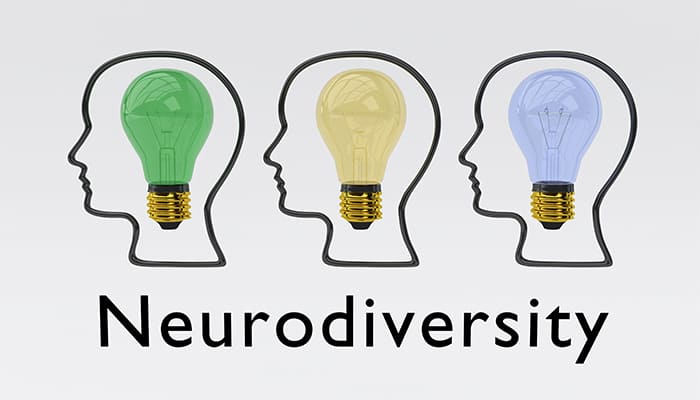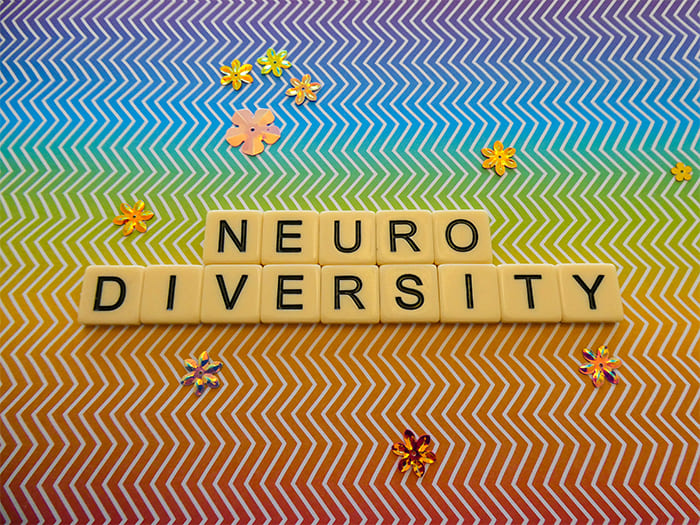Neurodiversity
The current global processes of modernising school education are leading to fundamental and systemic changes in the content and methods of teaching and collaborating with students. To successfully compete in the employment market, graduates of educational institutions must be able not only to take responsibility for their work tasks, but also identify and solve problems, think critically, generate new ideas, interact constructively with others in difficult situations, work in a team and autonomously, develop and manage projects, i.e. have key 21st century skills, including project management. However, in reality, even though some schools follow this innovative approach, it is used infrequently, in a fragmented manner, and not always methodologically correct.
WHAT PEDAGOGY TELLS US
Modern pedagogical science distinguishes between traditional and innovative/new pedagogical technologies. Based on the attitude of tutors to students in the educational process, traditional technologies include authoritarian, didactic-centred technologies, and innovative technologies. On the contrary, the modern approach is centred around personality-oriented, humanistic and collaborative technologies.
When those modern pedagogical technologies are ignored, gifted students starve intellectually. This waste of human potential is totally unreasonable. The personality of those bright learners is crushed entirely under strict, authoritarian conditions.
ACADEMIC STRESS
That is why humanity is in desperate need of diversifying the educational process and engaging more and more students, as it is no longer a “one size fits all” model.
Gifted kids are struggling to flourish under such conditions and their academic achievements leave much to be desired.
However, grades for many parents are still of paramount importance nowadays because they determine their child’s academic success and the ability to enrol in the best universities in the world.
All the psychological pressure on students results in constant stress, it influences their wellbeing. Pupils are therefore dehumanised, their personality may be crushed entirely due to this approach. As a consequence, we get a whole generation of gifted children who suffer from the outdated, traditional format of the educational system, refuse to study at all and struggle to get into higher educational establishments.
One should bear in mind that talented pupils are sensitive, that is why they should be treated accordingly.
AN OUTDATED APPROACH
Therefore, we should strive to withdraw from the traditional learning which signifies the subject-object relationship between teacher and student, where the student is the object of the teacher’s actions. This results in negative consequences as the teacher alone determines all aspects of the learning process and acts as a dominating figure, which should not be the case.
The above mentioned approach reflects the lack of individualised learning. The focus on the “average student” becomes a template construction of the educational process, where there is no individuality as such.
Rigid centralisation and regulation of control and assessment of pupils’ learning achievements by the teacher unfortunately becomes the norm. The control in such a system is coercive. What’s more, there is virtually no teacher self-assessment or evaluation of the teacher’s activity by students, which results in lack of connection, communication, and understanding between the students and tutors. In the word cases, gifted kids become isolated, they are belittled on a daily basis and something should be done to change this narrative.
OUR BELIEFS
Two essential points in focus arise: encouragement and support. These should be facilitated by keeping communication between tutors and students open. This will help students feel they can ask questions about schoolwork, address and collaborate with their tutors and each other easily. That is what we do here at Cherwell College Oxford to accommodate students’ individual needs and provide bespoke educational support. We believe that one to one tuition, in combination with productive student-to-student teamwork in small groups and participation in various college clubs and extracurricular activities is a perfect strategy to achieve real results and be part of a wholesome all-round educational process.




